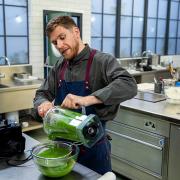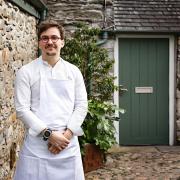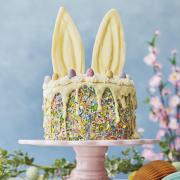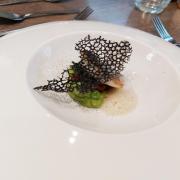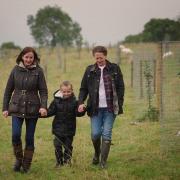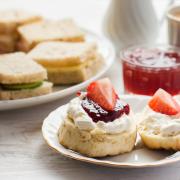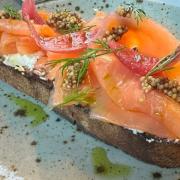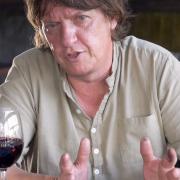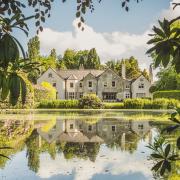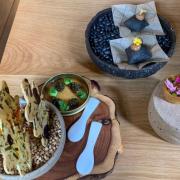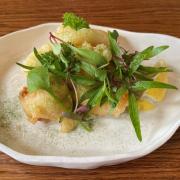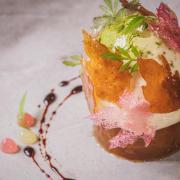Farms have found many ways to diversify but the Singletons of Brindle have taken to drink, as Anna Izza discovers

What was once considered ‘Mother’s Ruin’ could now be the saviour of a Lancashire farming family. Gin is fast becoming the county’s favourite tipple with new manufacturers, bars and even gin festivals.
The latest is a real family affair as Gerard and Cath Singleton set about transforming Holmes Farm in Brindle, near Chorley, into the county’s newest distillery with the help of their children Alice, William, Liz and her husband, Mark Long.
The farm has been in the Singleton family since 1931 and Gerard is the third generation to care for the land. ‘It’s all about the next generation now,’ he says. ‘Farming isn’t what it used to be and when Cath and I were on holiday discussing the future, over a drink or two, we came up with the idea of producing our own gin – something that would use the resources we have, involve the whole family in something we enjoyed and would help secure the farm for the future.’
Within months the plans to create the Brindle Distillery were taking shape. Supported by a grant from the Lancashire County Council LEADER Fund and with son-in-law Mark – a former chef – on board looking after sales and marketing, Cuckoo Gin was born.

It’s true Lancashire gin made from locally grown or sourced barley. The Singletons have 20 acres of their own due to be harvested this month or next and they have more land available as and when they need to expand.
It’s a business with sustainability at its heart. The renewable energy biomass boiler fuels the still, the by-products of the distilling process feed the farm’s pedigree cattle and free-range chickens and the straw from the barley provides bedding for their livestock.
‘We’ve also got our own artesian well,’ adds Gerard proudly and points to the far horizon as we look out over the lush fields that stretch as far as the eye can see. ‘We always knew there was a good water source here but when a pipeline was installed through the land in the 1970s, the wells that I remember on the farm were lost.’
The whole family are all hands-on in this new venture. ‘But there’s a very recent addition that’s crucial to our success,’ adds Mark. As we enter the large barn and he introduces us to ‘Maggie’ who to be fair, has already gained our attention with her fine curves and impressive stature. ‘She’s our new still and the real star of the show,’ he says, checking dials and peering inside this state-of-the-art, hand-built copper still recently arrived from Germany.

‘Once in full operation we should be able to produce an adequate amount of Cuckoo Gin to satisfy the interest already shown,’ he says. That interest has already been considerable.
There’s a busy looking wipe-board by the office with a long list of familiar hostelries, restaurants, hotels and retailers. ‘We’ve already had great interest locally and have started to receive enquiries from all over the country so the samples, the branding and eye-catching bottle seems to have done the trick,’ says Mark.
But what exactly can we expect from Lancashire’s newest gin and why Cuckoo? ‘We’ve been learning as we go along but obviously, as newcomers, we’ve not been working alone,’ says Mark. ‘We’re working closely with a Master Distiller from Herriot Watt University and have been experimenting to get the botanicals just right. As a family we all enjoy gin, so the testing has been a fun but very serious business, with everyone contributing to the final recipe.’
Naming it Cuckoo won’t come as any surprise to locals as legend has it that in the Middle Ages the people of Brindle hatched a plan to keep the first cuckoo of spring in their village and set about building a wall around its field. If only the wall had been two stones higher they may well have succeeded but the cuckoo escaped, thwarting their plans. ‘To this day people born and bred in Brindle are known as Brindle Cuckoos,’ says Mark.

It seems appropriate then that a farming family, so rooted in Brindle, has brought new life to these Lancashire pastures in the guise of a cuckoo, the herald of growth and fertility. We say cheers to that!



